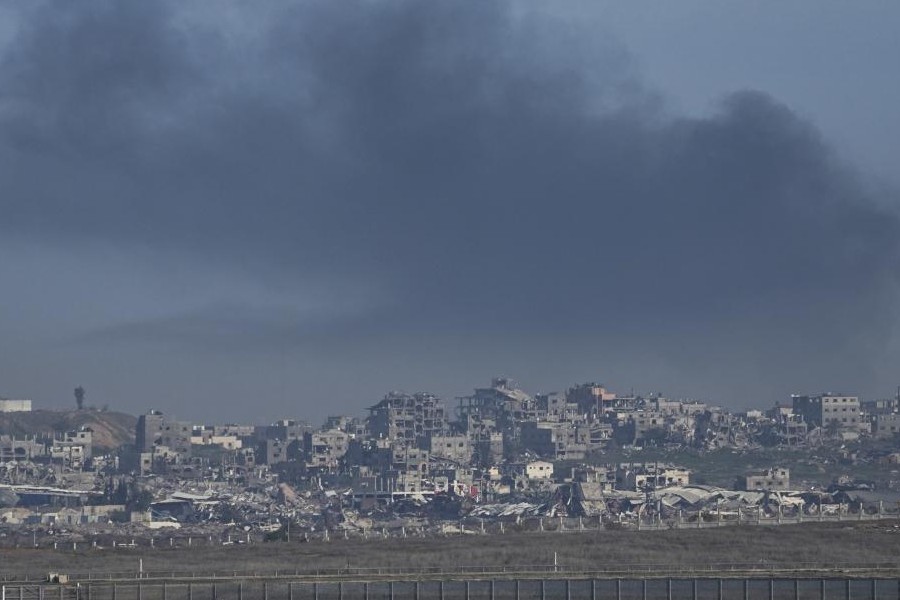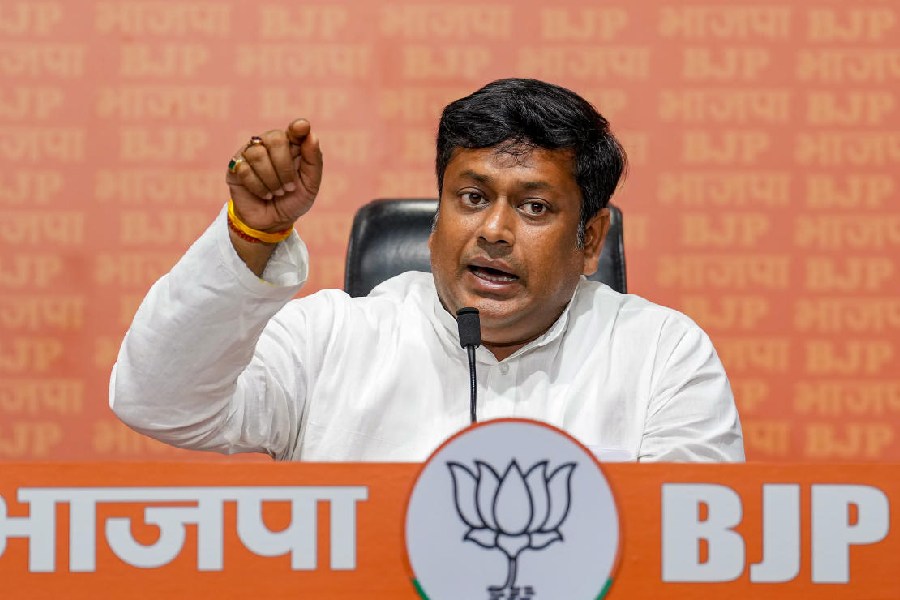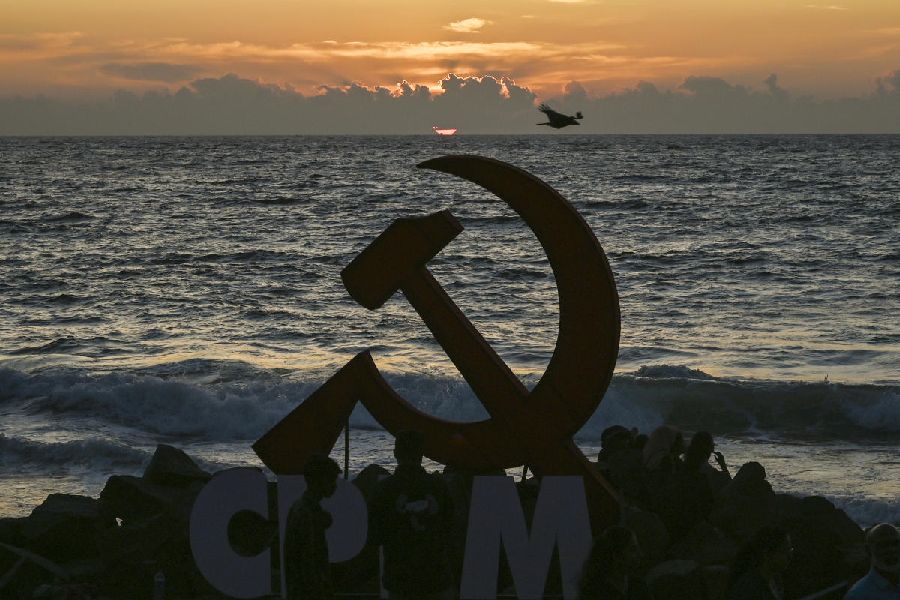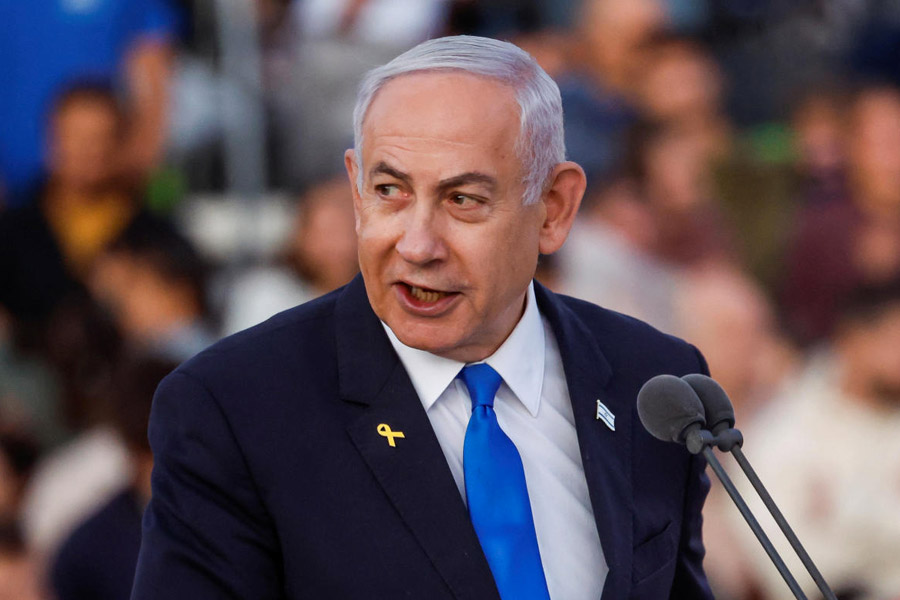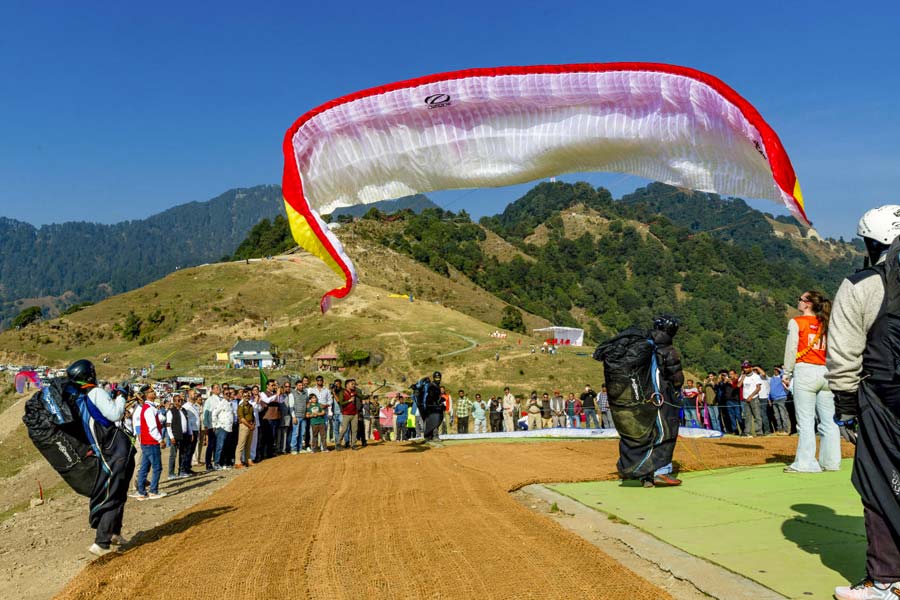Pakistan on Sunday said it has denied India's request to allow Prime Minister Narendra Modi's VVIP flight to use its airspace for his upcoming visit to Saudi Arabia, citing the alleged human rights violations in Jammu and Kashmir.
In a statement, foreign minister Shah Mahmood Qureshi said Pakistan has decided not to allow Prime Minister Modi to use the country's airspace, state-run Radio Pakistan reported.
He said the decision has been taken in context of the 'black day' and in view of the alleged human rights violations in Jammu and Kashmir, it added.
Pakistan is observing black day on Sunday in support of Kashmiris.
Qureshi said the Indian High Commissioner is being informed of this decision in written form.
Modi will travel to Saudi Arabia on Monday where he will attend an international business forum and hold talks with top Saudi leadership.
In September, Pakistan rejected India's request to allow Prime Minister Modi's flight to use its airspace for his visit to the US to attend the UN General Assembly.
Pakistan also refused India's request to allow President Ram Nath Kovind to use its airspace for his flight to Iceland in the same month.
Pakistan fully closed its airspace in February after an Indian Air Force strike on a Jaish-e-Mohammed (JeM) terror camp in Balakot. The country opened its airspace for all flights except for New Delhi, Bangkok and Kuala Lumpur on March 27.
On May 15, Pakistan extended its airspace ban for flights to India till May 30. It fully opened its airspace for all civilian traffic on July 16.
In June, Pakistan 'specially' opened its airspace for the flight of Prime Minister Modi to Bishkek to attend the SCO summit. However, India decided not to use the Pakistani airspace for the VVIP aircraft.
Tensions between India and Pakistan spiked after India abrogated provisions of Article 370 of the Constitution to withdraw Jammu and Kashmir's special status and bifurcated it into two union territories, evoking strong reaction from Pakistan.
India has categorically told the international community that the scrapping of Article 370 was an internal matter and also advised Pakistan to accept the reality.





